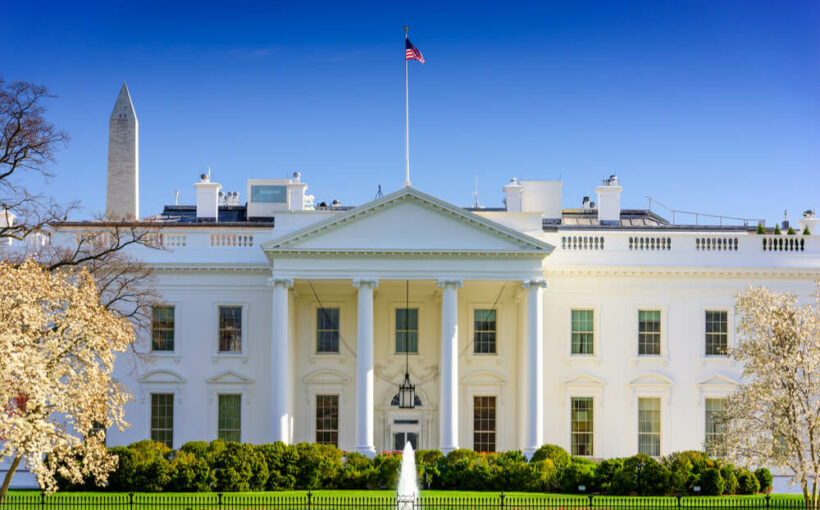Joe Biden – despite being a perpetual screw up since his first day in the White House (or the White House studio set) – has managed to grease the wheels somewhat with crypto analysts and traders in the United States after he issued an executive order a few weeks ago calling for American government agencies and officials to look at regulating crypto and analyzing its risks.
Joe Biden Is Still Getting Things Wrong
The executive order also opened the door to a digital version of the U.S. dollar. For the most part, the move has been well received, with crypto fans claiming this is the first real step taken by America to put crypto on the map and establish a system of regulation surrounding this popular and rising industry. However, if one looks deeply enough, they can notice the flaws in Biden’s game, suggesting that while the order could have been positive, this old man still has no idea what he’s doing.
For one thing, the idea of a digital dollar is nothing new. It’s been spoken of by U.S. officials for years, and to be fair, the person who really worked hard to pull back the curtain on a virtual version of USD was Jared Kushner, the son-in-law of President Donald Trump. In 2018, while serving as a senior advisor to the president, Kushner worked with Jerome Powell and the rest of the Fed to establish plans that would see to the development of a digital version of USD for residents to utilize when it came to purchasing goods and services.
Kushner, it can be argued, received almost no attention for his efforts to make this happen, yet now that Biden is working to create a digital dollar, the news appears to be all over it. However, as we can see, Biden is not initiating an original idea. He’s merely taking what others have done and signing his name to it. For lack of better terms, it’s borderline plagiarism… Something Biden seems to have heavy experience in.
Regulation Goes Against the Very Notions of Crypto
In addition, the idea of regulation goes against everything that crypto stands for. Digital currencies were built to offer people the monetary independence and freedom their forefathers initially had in mind for them. They were created to prevent people from being subjected to the decision-making processes and prying eyes of standard institutions and to empower themselves through peer to peer (P2P) transactions without third-party interference.
By contrast, a regulated crypto sector would only make this growing – and thus far, decentralized – space subject to the same rules, limitations, and elite behaviors one witnesses in traditional finance, and the idea of regulation stemming from an administration that has thus far played with words like “infrastructure” as a means of having more control over crypto holders is something that should probably concern traders.
Source: Read Full Article
